

I grew up in a family of basketball players. No matter the season, a Sunday afternoon would find my cousins, siblings, uncles/aunts, dad, and even a few neighbors in the driveway of our southern Wisconsin home playing a friendly game of PIG or 3-on-3. Although my dribbling skills have always been questionable, my jump shot was (still is) pretty solid. One of the skills my 7th-grade basketball coach taught me was the essential “triple threat position”—a physical stance a player should take each time she gets the ball, putting her in the best position to shoot, pass, or dribble, whatever the fast-paced game required next.
Oddly or not, that “stance” came to mind when I first encountered the research on curiosity as an antidote to unproductive conflict in relationships.
Could curiosity be the human communication triple threat position?
How might curiosity—this thing we’re all born with and can (re)activate at will—be a tool hiding in plain sight that can help maintain and fix relationships?
Hmmmm. Say more.
Most of us already know the neuroscience research, that curiosity is related to lots of good brain and learning outcomes: better memory, problem-solving, creativity, and intelligence. Most of us are less familiar with why and how curiosity should play a leading role in healthy relationships. But just think about it (see what I did there): What is a flourishing relationship if not something worthy of creative problem-solving and the ongoing willingness to learn and grow together? Answer: probably an emotionally abusive one, or one that should be permanently benched.
First and foremost, we humans all want the same thing: to be seen and heard. And without curiosity, we default to making uninformed assumptions, not asking good questions.
Relationship research reveals that one of the single best ways to approach interpersonal conflict is not with the “How can I win this?” stance. Rather, a “How can I better understand?” stance is the one we should adopt. Author Mónica Guzmán, in her must-watch TEDx Seattle Talk “How Curiosity Will Save Us,” says it best: “You can’t wonder about what you think you already know.” She explores the power and practice of curiosity in her fascinating new (2022) book, I Never Thought of It That Way: How to Have Fearlessly Curious Conversations in Dangerously Divided Times. Reading it was like eating M&M’s: impossible to stop once you start. I’m ordering dozens of copies and planning to give them to everyone in my life as a holiday gift this year.
Why and how will curiosity save us? Because, first and foremost, we humans all want the same thing: to be seen and heard. And without curiosity, we default to making uninformed assumptions, not asking good questions. Guzmán again: “Each conclusion kills a hundred possible questions.”
If curiosity was a stubborn weed that you wanted to kill, all you would need is to spray it with certainty.
Curiosity in conversations impacted my marriage for the better.
My husband and I have been married for thirty years (yay us!). Admittedly, I haven’t always been the best at adopting the curious stance (research is me-search). Early on, and perhaps recently more often than I’d like to admit, I defaulted to irritation and certainty when wholehearted, generous inquiry would’ve been a better choice. From little tension spots—like my tendency to prop the screen door open so our dogs are free to wander in and out (for the record, only once in the last ten years did a squirrel actually make it to the living room)—to our perpetual, higher-stakes conflicts (we have disparate views on when carefrontations with others are warranted), when I mindfully shifted my stance to exploration-mode a bit of magic happened.
As I actively began seeking to understand his experience versus actively seeking to prove that my way was certainly right (damn it), our conflicts were shorter, healthier, and sometimes avoided altogether. For instance, he grew up tent-camping where rules about screens are strict (think mosquitoes and wild animals eating the family’s dinner, oh my). As we learned to check our uninformed assumptions and turn more actively to seeking information, we not only learned to better navigate our conflicts, we literally learned new things about each other—and we still do, on a weekly basis. And as we do so, our connection, intimacy, and friendship strengthen even further. Yay marriage work!
As I actively began seeking to understand his experience versus actively seeking to prove that my way was certainly right (damn it), our conflicts were shorter, healthier, and sometimes avoided altogether.
Curiosity can benefit all kinds of relationships.
It’s an approach that works in any kind of relationship—from the intimate (think spouse or partner, child or loved one), to the professional (boss or colleague), to the neighbor (guy next door with a very different political viewpoint), to extended family (try it at your next holiday gathering!). No matter the relationship or topic, an “I wonder what I can learn here?” mindset will increase the chances we’ll empathize and the likelihood we’ll engage in a hard conversation at all.
When we adopt a stance of authentic curiosity, we soften to the reality that perhaps our perception or belief about a situation isn’t the only one. We are more open to genuinely learning when we are curious. Lacking curiosity, we are much more likely to become righteous, defensiveness, and adopt a fighting stance—each a surefire way to undermine human connection.
What’s puzzling is that our innate, wonderful friend curiosity is so very available, yet we take her for granted. Early in relationships she’s ever-present, taking our hand and leading us closer to knowing others, learning what makes them tick. As relationships evolve, she fades into the background, seemingly nowhere to be found. Sometimes so absent, we almost forget what she looks and sounds like.
Back to Guzmán, who reminds us how easy it is to reignite curiosity: “For all of curiosity’s power, it takes very little to get started. All you need is a gap between what you know and what you want to know. Your awareness of that gap is what triggers the craving to fill it—a craving that can change the world.”
It can also change relationships.
Many years ago, a dear friend was in the thick of navigating her emotionally abusive marriage. She and her spouse eventually divorced, but not before both she and their children suffered for a long time. Given my life’s work as a professor of marriage and family, I naturally had a number of thoughts and no shortage of strong opinions about the turmoil in their relationship—especially the silent, insidious toll it was taking on her health.
At some points in our friendship, I didn’t share my perspectives as honestly as I felt obligated to. Usually, it was because she wasn’t ready for nor open to them. She was getting therapy, so I felt comfort knowing she was receiving professional support. Yet, because we were besties and because I had a front-row seat to the long, painful downward spiral of her marriage, she sometimes would explicitly and eagerly ask for my perspective.
Those conversations were usually both painful and cathartic—like ripping off a bandage left on a festering wound way too long. After many of those chats, I felt the sting of distance growing between us. Understandably, it’s hard to hear that the person you married and are raising children with is an abuser. Such conversations are naturally sticky and intense—even when it’s your most trusted friend saying so gently and with love.
Curiosity is a willingness to learn. And listening—when done with the ear of the heart—is the pathway to such learning. It’s also one of the most beautiful gifts we can give another human.
One day, after our friendship felt chillier than it had ever been, I realized I needed to change my stance. I welcomed curiosity back in, and as I did so it became quickly clear that what she really wanted and needed from me was to be understood, not advised. She was getting the latter elsewhere. From that point forward, on the topic of her struggling marriage, I stuck to asking open-ended questions, trying hard to remain intensely curious so I could be better at giving her what she needed most: holding space for her to emote, rage, and share whatever she wanted to. Often, I’d invite her to simply “Say more”—two words that send the loving message “I’m here. I want to listen. I want to understand.”
“Say more” remains my go-to, a sure-fire curiosity catalyst. Its brevity is magical—an invitation that comes with a powerful message: I care to know what you think.
As the Nobel Prize-winning human rights activist Elie Wiesel wisely taught us: “The opposite of love is not hate, it’s indifference.” By extension, the antithesis of curiosity is apathy. And research is clear: apathy is a super-highway to the death of connection and intimacy in relationships.
One of the primary hurdles to curiosity in relationships is the truth social scientist and best-selling author Brené Brown ushered into our collective consciousness (from page 65 of Atlas of the Heart): “Choosing to be curious is choosing to be vulnerable, because it requires us to surrender to uncertainty. We have to ask questions, admit to not knowing, risk being told that we shouldn’t be asking, and, sometimes, make discoveries that lead to discomfort.”
So, how exactly do we manifest and practice curiosity in conversations?
First, we must intentionally choose the stance.
A strategy I’ve found helpful is developing a short mantra, one that will remind me to get into the curious mindset. Mine include: “Stay curious” and, simply, “Curiosity is generosity.” Before heading into any conversation, bring your mantra to mind. You’ll be surprised what a powerful shift this can be.
Second, asking good, open-ended questions is still the best exercise in curiosity.
Develop a short list of questions that will work in almost any conversation. Having them at the ready does wonders, especially when anxiety or emotions interrupt our clear thinking. My favorites are questions or prompts that simultaneously empathize while also inviting someone to “say more.”
- How did you come to know that?
- Why do you think that is?
- Tell me how that makes you feel.
- What worries you most about ____ (topic/issue/experience)? And what gives you hope?
- I’d love to know more. (A version of “Say more”)
In our already-noisy world, we are asking fewer open-ended questions because, frankly, doing so requires us to actually listen. Yet curiosity is a willingness to learn. And listening—when done with the ear of the heart—is the pathway to such learning. It’s also one of the most beautiful gifts we can give another human.
Are some people just naturally more curious than others? Sure. If you’re not one of those people, does that let you off the hook? I guess that depends if you want deeper, more connected relationships or not. Trust me, you do.
For real, I’d love to more about what you think about this. (Comments section is open!)


Carol Bruess (last name rhymes with “peace”) is professor emeritus at the University of St. Thomas, Minnesota, studying and writing about relationships. She is highly fluent in emoji, loves parentheticals (I mean, it’s what all the cool kids are doing), and is happy-dancing her way through empty-nesting (although don’t tell her kids; they think she’s all weepy). Check out her books, TEDx talk “Are All Relationships Messy?” and her sewing/design shenanigans over at www.carolbruess.com.
BY Carol Bruess - July 21, 2022
Most-read posts:
Did you know W&D now has a resource library of Printable Art, Templates, Freebies, and more?
take me there
Get Our Best W&D Resources
for designing a life well-lived




Thank you for being here. For being open to enjoying life’s simple pleasures and looking inward to understand yourself, your neighbors, and your fellow humans! I’m looking forward to chatting with you.
Hi, I'm Kate. Welcome to my happy place.






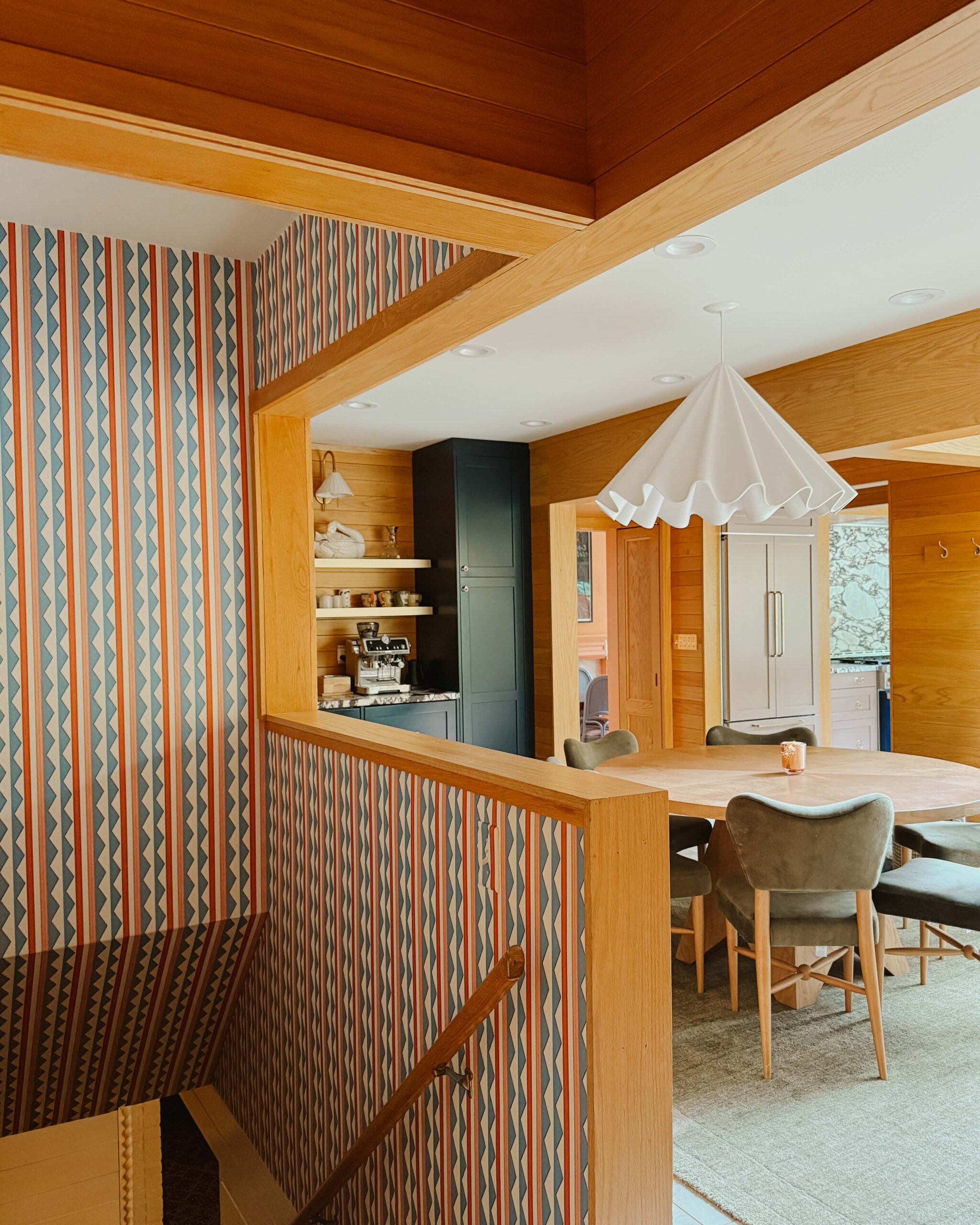
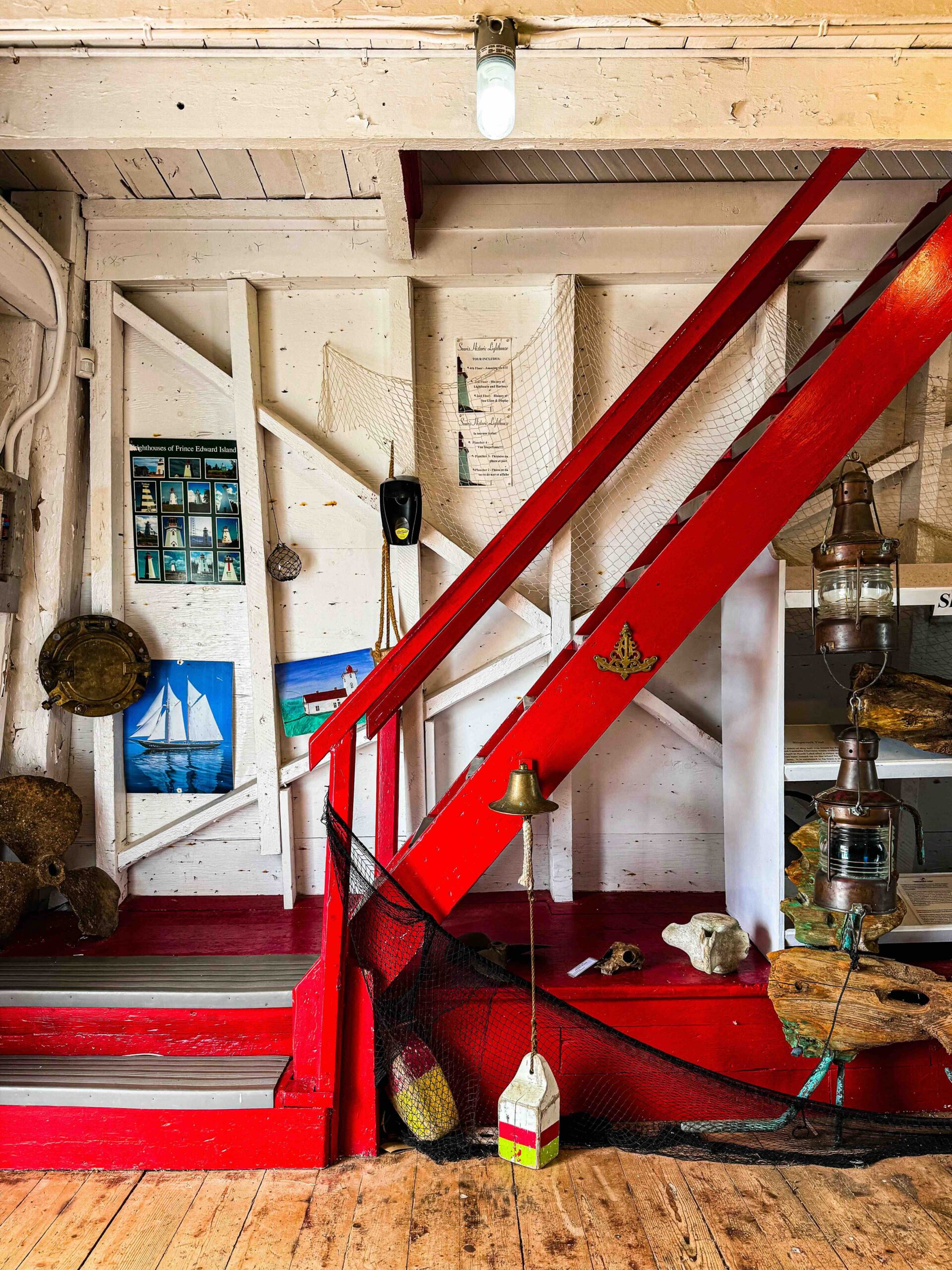

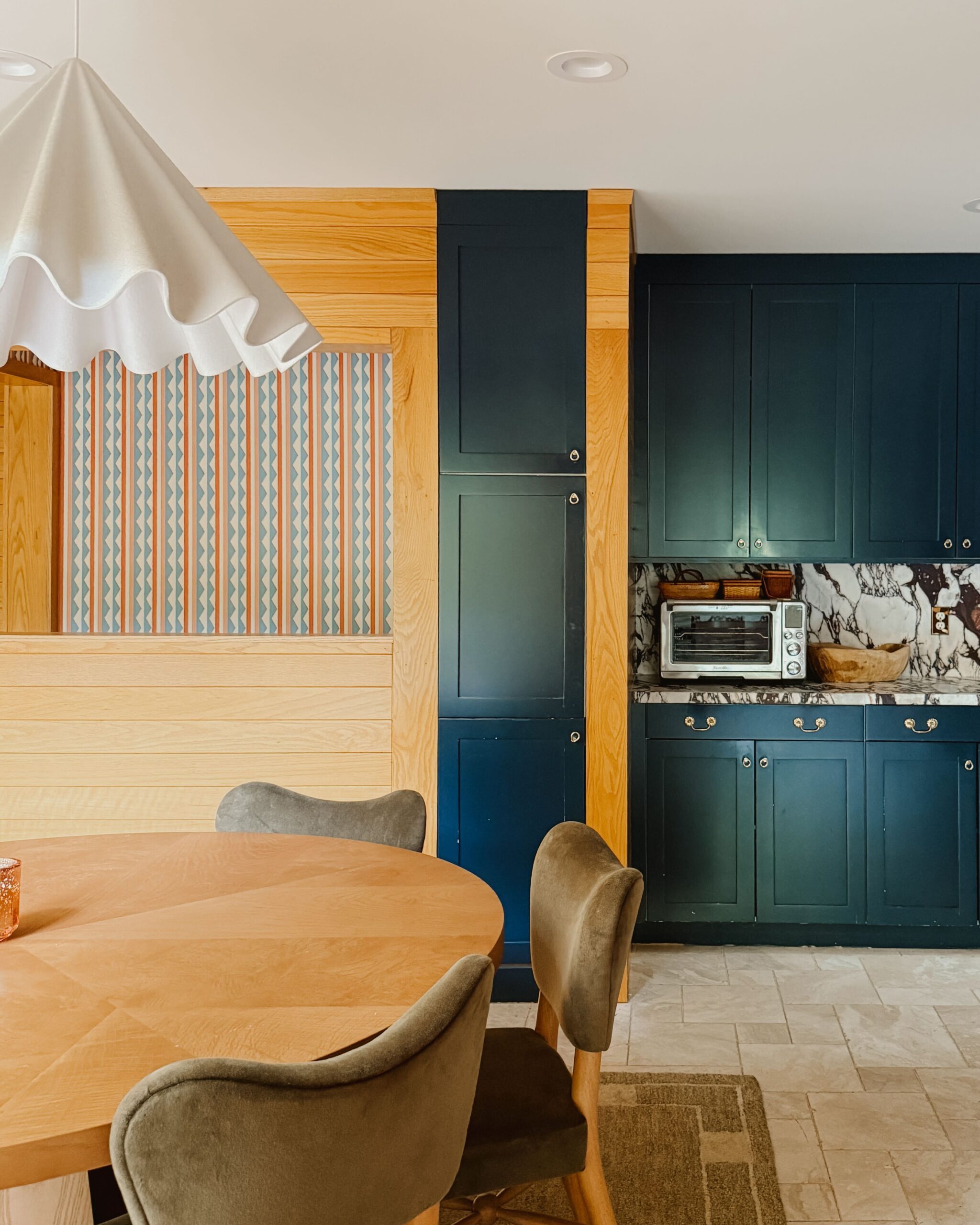
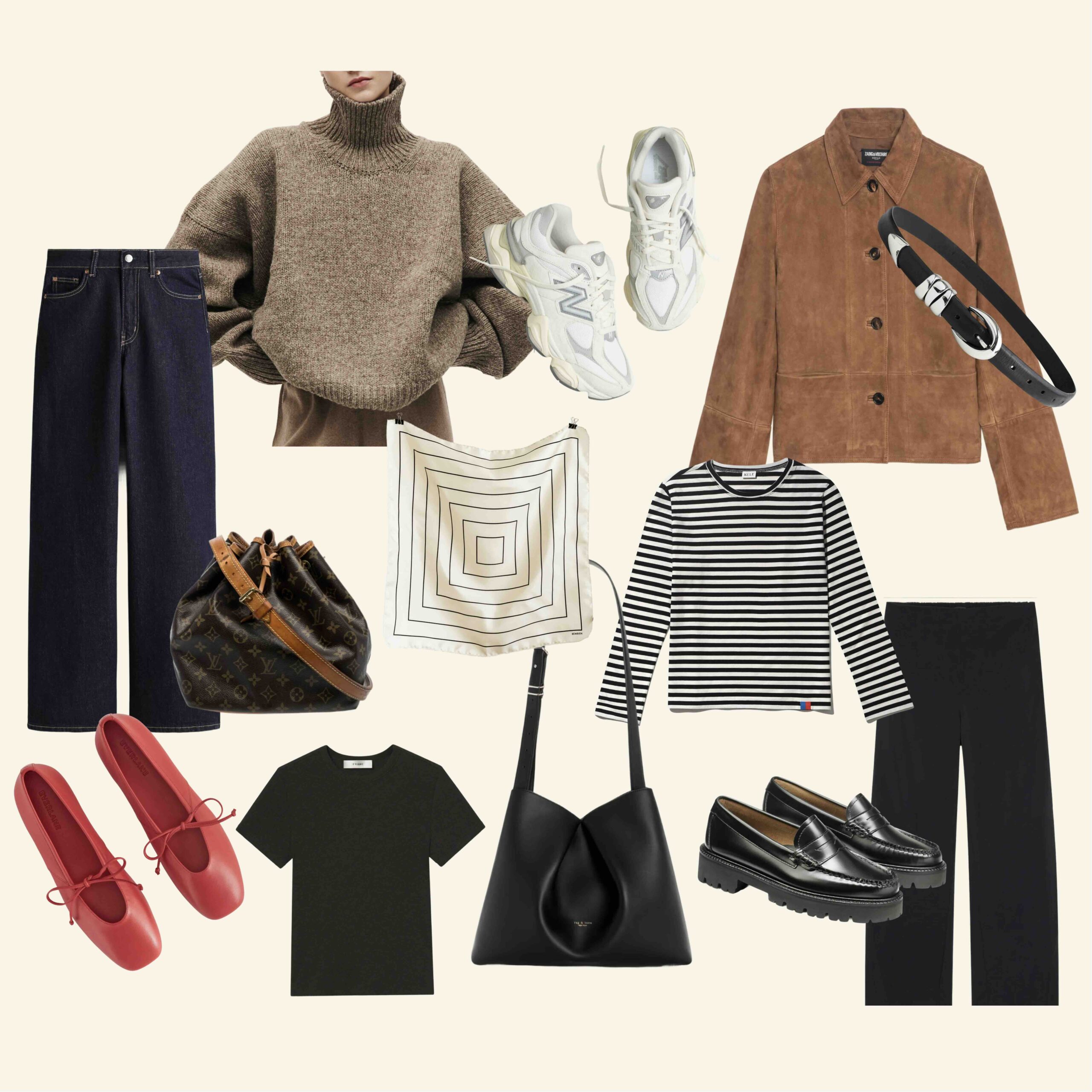
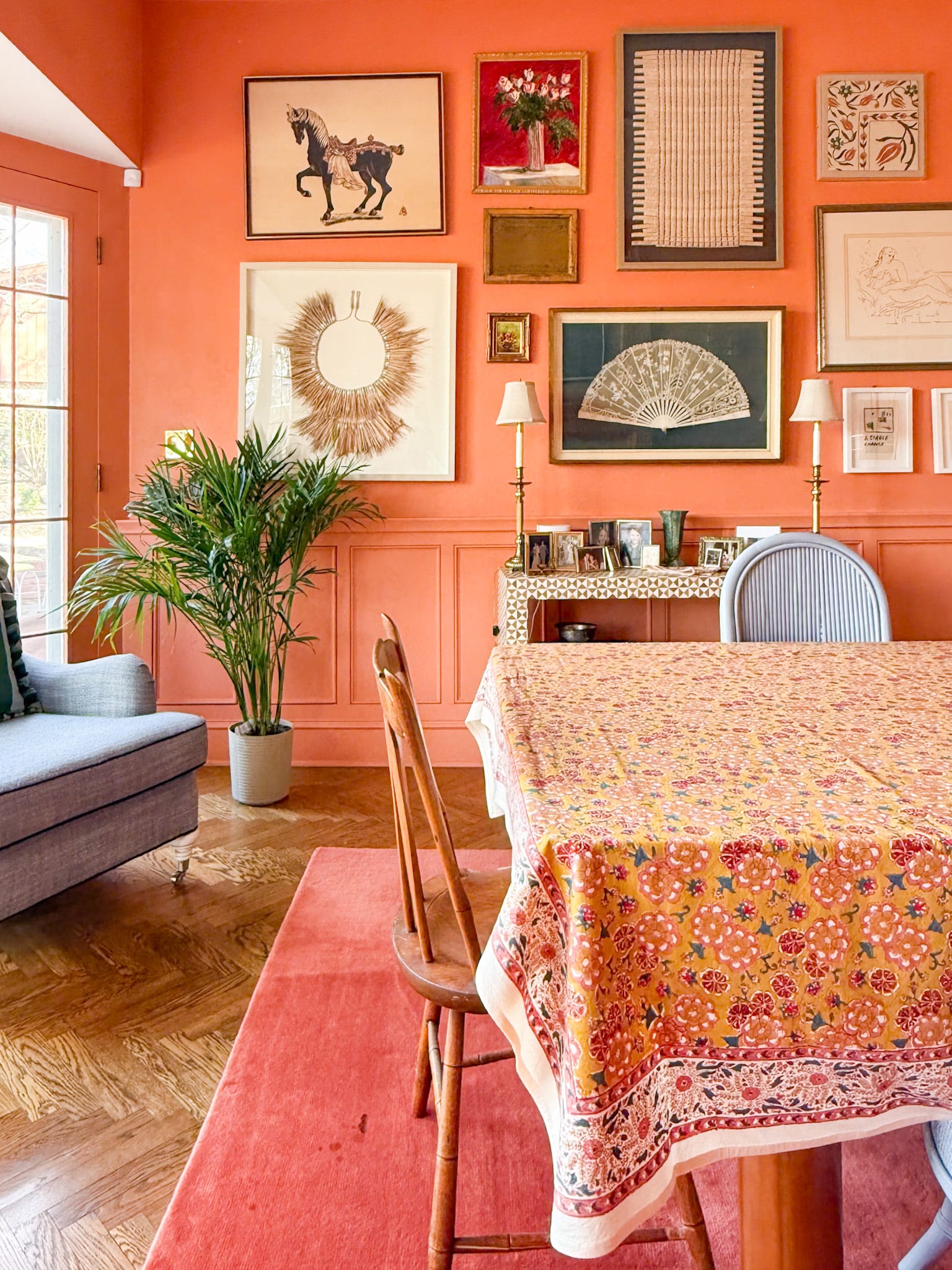




This article so beautifully articulates several musings I’ve had about curiosity. I will reread several times and refer back to it often! It’s such a gift, thank you.
Elizabeth,
Thank you!! Your comment here is a gift. I appreciate you reading and continuing to muse about curiosity and all its magical opportunities.
Carol
This was a great reminder to encourage curiosity in conversations; I always try to do this but have moments where I react to my own feelings rather than listening to understand my husband (and others). I needed this — thanks!
Molly,
I often write as a reminder to myself, so thank you for the encouragement — that it also helps you/your marriage! Rock on.
Carol